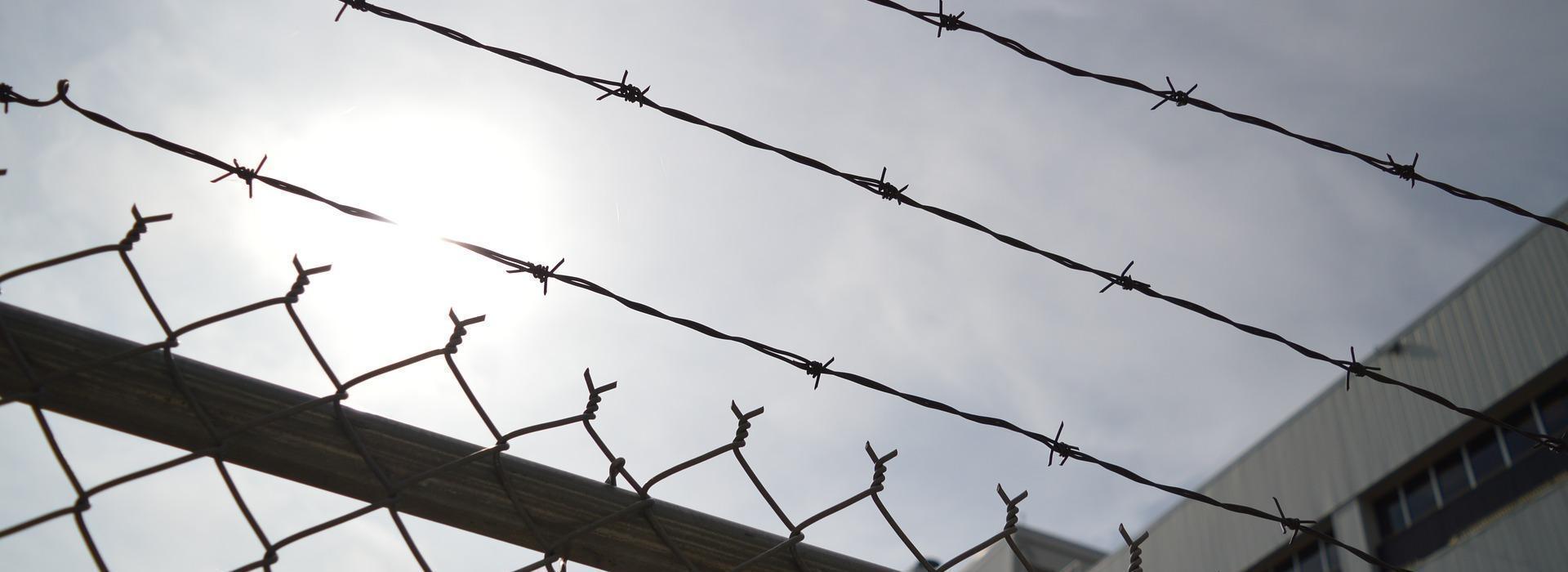1.1.14, Offender Contact and Relationship Reporting Requirements Procedures Manual
Section 1 – Responsibilities & Training A. Responsibilities
1. General
a. All employees are expected to maintain professional relationships with offenders and the public.
b. No employee shall engage in any activity nor fraternize with an offender, their friends, relatives or representatives, on or off duty, not authorized within the performance of the employee’s assigned duties or otherwise approved by the Facility Manager/Bureau Director/designee.
c. Fraternization behavior includes, but is not limited to, engaging in sexual/personal/private relationships, introducing contraband, conducting financial transactions, supplying/sharing personal information, electronic/social media interaction, giving/receiving gifts/favors, or any other activity that may jeopardize the safety and/or security of employees, inmates, or the community.
d. The Department recognizes that a pre-incarceration relationship may have existed between an employee and offender. Pre-incarceration relationships shall be reported as outlined in this policy. In support of successful offender reentry, legitimate reasons may exist for continued interaction with the offender. These interactions shall be approved in accordance with this policy and may not interfere with the safe and orderly operation of any correctional facility.
e. All employee-offender contact and relationships, as defined in this policy, shall be reported as soon as any employee becomes aware of the situation.
f. Allegations of fraternization or unauthorized activity will be referred to the Facility Security Office for prompt and thorough investigation.
g. Violations of this policy may lead to disciplinary action, up to and including, termination from employment, as well as criminal prosecution.
2. Each Facility Manager/Bureau Director/designee is responsible for ensuring that all reported incidents of fraternization or unauthorized activity are promptly and thoroughly investigated.
Section 2 – Prohibited Activities Offenders/Friends/Relatives/Representatives
- General
The following activities are prohibited with the above unless conducted within the performance of the employee’s assigned duties or otherwise approved in writing by the Facility Manager/Bureau Director/designee:
1. cohabitating, residing or otherwise living in the same property address or property owned or managed by;
2. giving or receiving a gift or favor;
3. supplying personal information of any type, either directly or indirectly, in verbal or written format to include electronic correspondence;
4. extending, promising, or offering any special consideration or treatment, either directly or indirectly;
5. hiring, employing or working for, with or without remuneration;
6. entering into a personal agreement or contract, with or without compensation;
7. lending, providing, receiving or promising money, services, goods (including Commonwealth property or any item available for purchase through Department policy DC-ADM 815, “Personal Property, Basic/State Issued Items and Commissary/Outside Purchases;”
8. delivering or sending messages in verbal or written format to include electronic correspondence;
9. establishing or continuing a personal relationship;
10. engaging in personal contact;
11. providing or receiving child/foster care;
12. engaging in contact through email, social media, electronic devices and/or other internet activities;
13. providing written information or appearing before the Pennsylvania Board of Probation and Parole (PBPP) or Board of Pardons, unless specifically requested by the agency;
14. assisting or counseling offenders in the preparation of writs, appeals, or any other legal documents or processes, outside the scope of assigned job duties;
15. providing treatment services, outside the scope of assigned job duties;
16. assisting an offender, in any way, to escape or abscond from supervision;
17. providing or attempting to provide contraband to an offender, including but not limited to: cell phones; tobacco; food; pornography; media storage devices; weapons; alcoholic beverages; drugs; drug paraphernalia; explosive devices or materials useful in the fabrication of explosive devices or any other article, substance or thing that may reasonably be considered a danger to the security of the facility;
18. engaging in any activity which might compromise the safety and security of employees, offenders and/or the public; and/or
19. engaging in any activity which might compromise the ability of the employee to perform job duties in an efficient, unbiased and professional manner.
